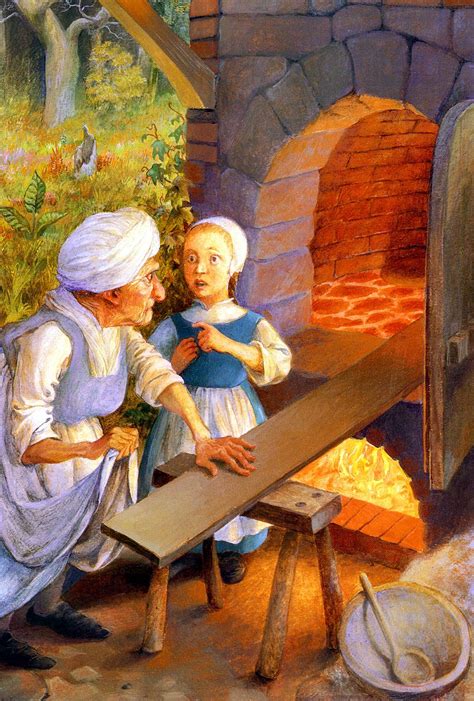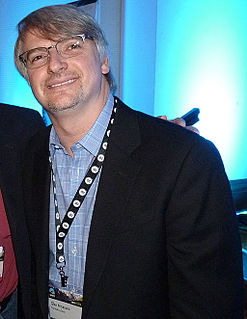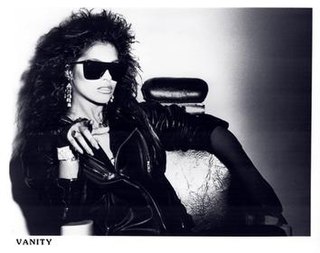A Quote by Clive Barker
When I was looking for financing while making 'Hellraiser,' I wish there was a studio like Project Greenlight Digital Studios behind me.
Related Quotes
I don't do anything digital. Everything is analog, and that's a limitation for me. However, in my world, it's not a limitation at all because I don't create the type of music that would generally be created by musicians that work with digital recording studios, and/or digital equipment, as far as production is concerned.





































